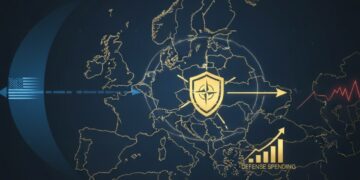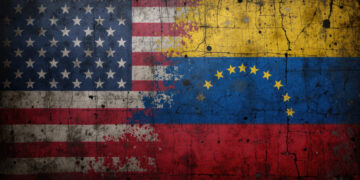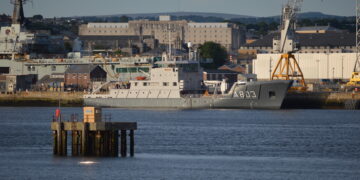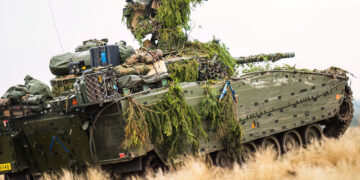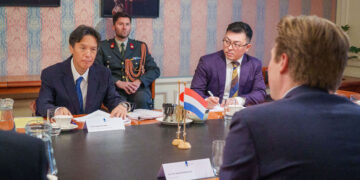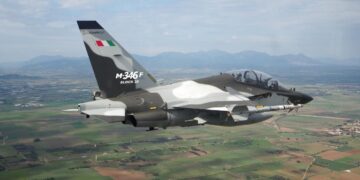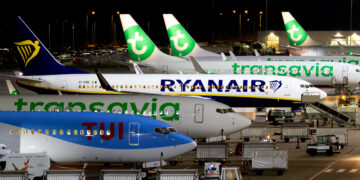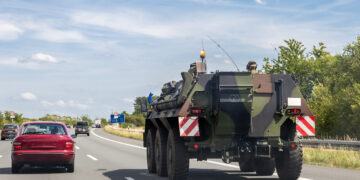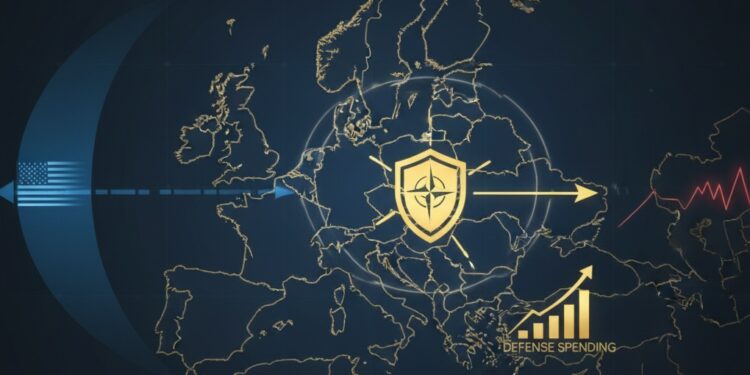The United States is sending another clear signal: Europe must step up and take more responsibility for its own security. This message comes as Washington considers reducing military aid to the Baltic States and other European countries neighbouring Russia, echoing warnings it has given repeatedly over the past years.
For decades, the U.S. has been the backbone of NATO, providing training, equipment, and reassurance to countries on the alliance’s eastern flank. But American officials have long argued that European nations rely too heavily on Washington. Now, with aid potentially shrinking, that message is more urgent than ever.
The Baltic States—Estonia, Latvia, and Lithuania—find themselves on the front line. Close to Russia and small in both population and territory, they have relied on U.S. support to maintain a credible defense. Any reduction in aid could leave gaps, not only in equipment and training but also in the broader sense of security and deterrence.
Europe, however, is not standing still. Recent months have seen increased deployments along the eastern border, particularly in Poland, where NATO forces have been reinforced with additional troops and equipment as part of new NATO’s mission Eastern Sentry. These measures demonstrate that European countries are responding to the warnings and taking concrete steps to strengthen defenses on the continent’s eastern edge.
European leaders are now facing a familiar challenge. This is not the first time Washington has urged them to spend more, coordinate better, and take a stronger role in their own defense. The repeated warnings highlight a growing reality: Europe cannot fully rely on American support indefinitely, and the time to strengthen NATO’s eastern defenses from within is now. Especially now the United States wants to focus on ‘homeland security’, a US official stated.
If Europe responds effectively, it can demonstrate that NATO remains a strong alliance, capable of deterring threats without depending solely on the U.S. The coming months will test both political will and public support across the continent, as countries weigh the costs and consequences of taking more control over their security.
